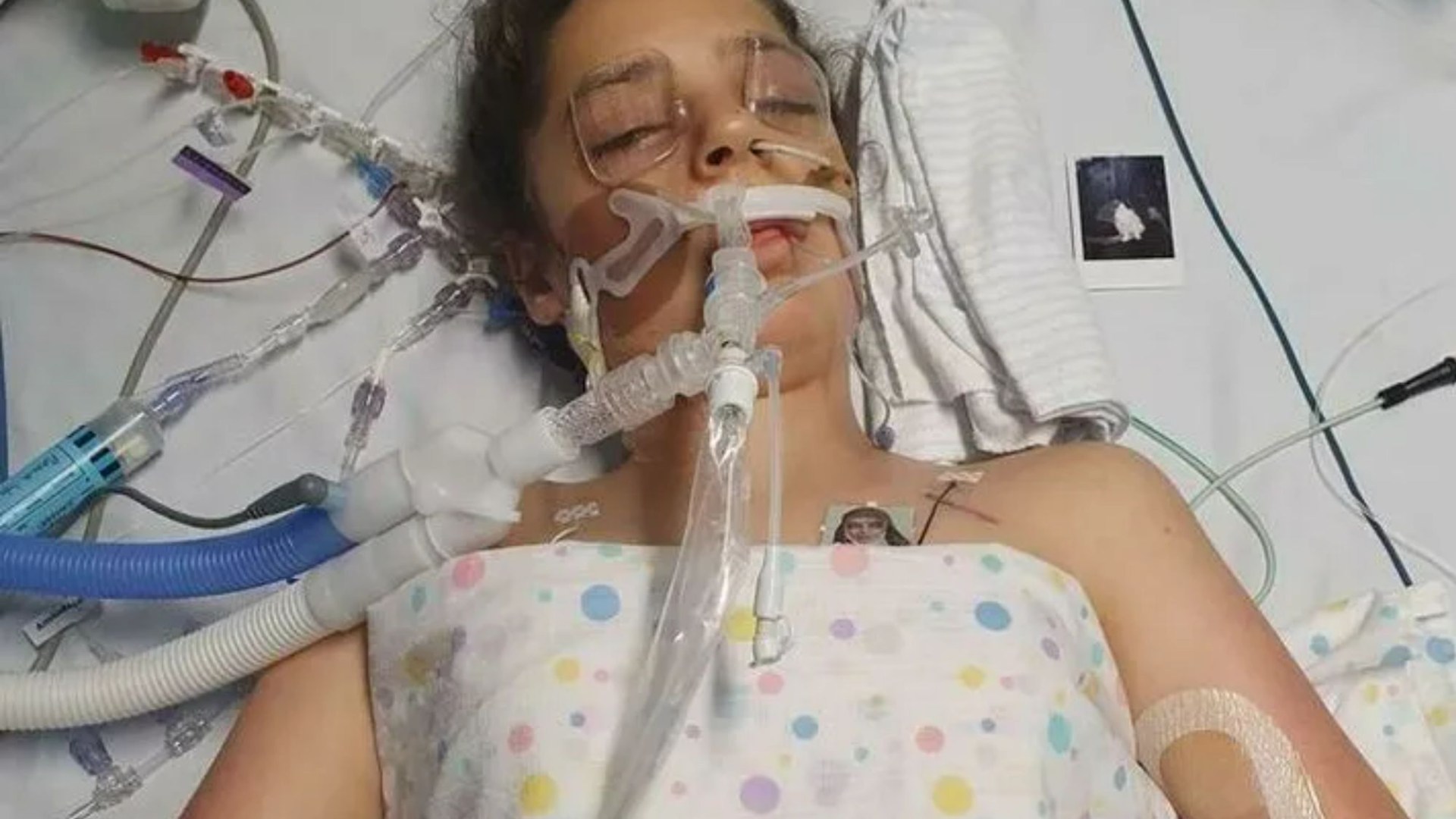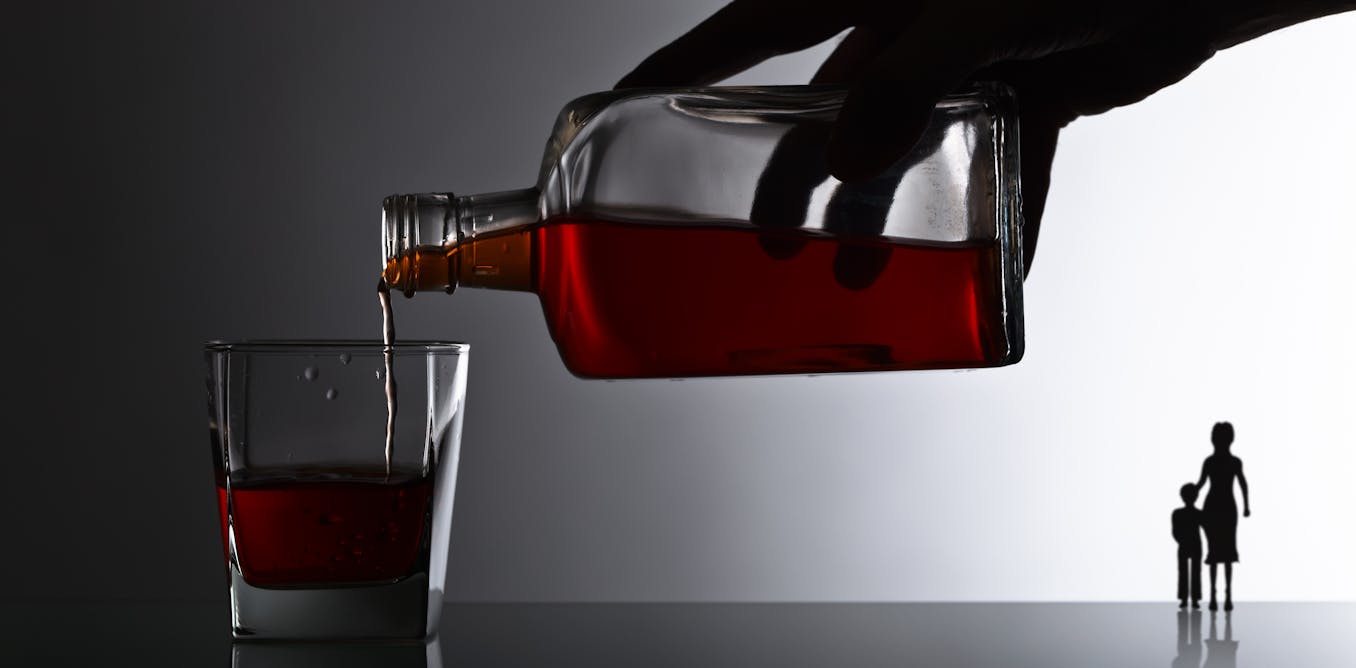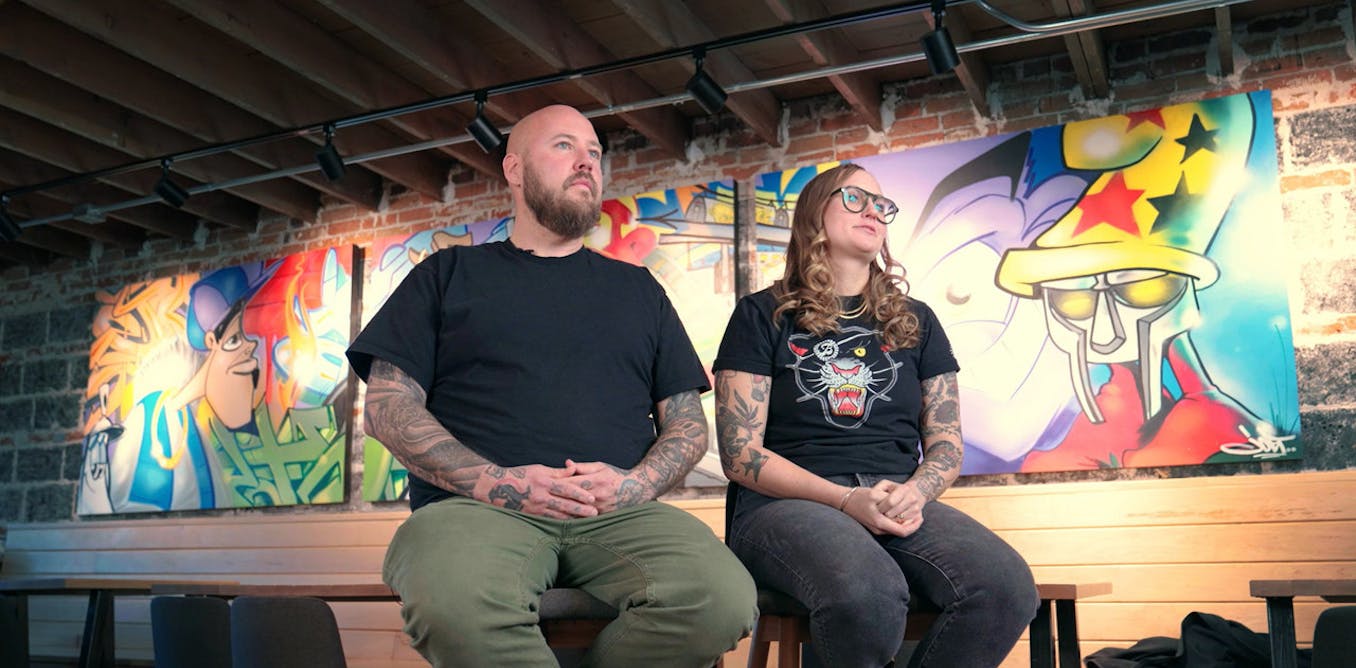A SCHOOLGIRL was given just 14 days to live after collapsing during a dance class.
Scarlett Hack’s heart suddenly stopped beating and she was rushed to hospital, where she had an internal defibrillator fitted and was sent home.
5

5
But Scarlett, from Sydney, Australia, fainted again a few days later while at a friend’s house.
“I remember screaming out before an ambulance came,” she told the Heart Research Institute (HRI).
“My heart was failing and I had two cardiac arrests.
“At age 13, I ended up on life support and I had very little chance of survival.”
Her traumatised dad Philip watched the second cardiac arrest happen and Scarlett remembers yelling out: “Help me, help me, I don’t want to die.”
Watching their daughter be placed on an ECMO, which allows the blood to bypass the heart and lungs, her parents said they were terrified.
But the worst was yet to come. Suddenly, they were given a devastating deadline.
“They told us we have two options: we can turn off her life support and let her die, or we can try for a heart transplant,” her mum Amanda told the HRI.
“They said we had 14 days, otherwise Scarlett would be too far gone.”
Speaking to 7Life this week, she added: “Every night we would cry. It was another day gone, another day without a heart.”
The family endured a heart-wrenching eight-day wait before a donor was finally found.
Scarlett then underwent a gruelling 12-hour operation, but the transplant was successful and she survived.
Her recovery was “difficult and traumatic”, but Scarlett, now 17, is doing well.
“When I woke up, I could barely move or hold my own head up,” she said.
“My legs were so deconditioned and I had severe nerve pain in both my legs – it’s the most intense pain and burning sensation – so I had to learn how to walk and talk again.
“I also had to be fed by a tube through my nose because of all the trauma my body had been through – my throat kept closing up and I kept choking on food.”
After plenty of physiotherapy and rehabilitation, Amanda added: “Scarlett couldn’t be better, cardiac wise.”
‘THERE IS NO CURE’
Scarlett was diagnosed with hypertrophic cardiomyopathy – a thickening of the walls of the heart chamber – aged 10.
She had spent months getting out of breath from walking short distances and her heartbeat would speed up for seemingly no reason.
Her mum, who was “in disbelief”, was told: “There is no cure, I suggest you learn CPR.”
Scarlett lived a relatively normal life for the next few years, until she fell ill during jazz class.
While she missed a lot of school during her recovery, she’s now back to lessons and dancing.
Scarlett, who has a service dog named Scout, hopes to study to become a children’s nurse after her “safe and happy” experience at The Children’s Hospital at Westmead.

5

5

5
The difference between cardiac arrest and heart attack
A heart attack and cardiac arrest are similar, but not the same.
A heart attack is when the blood supply to the heart is suddenly blocked, usually by a clot.
A cardiac arrest is when the heart stops pumping blood around the body.
Both are emergencies and if you suspect you or someone else might be having either, you should call 999.
Source: NHS and British Heart Foundation




